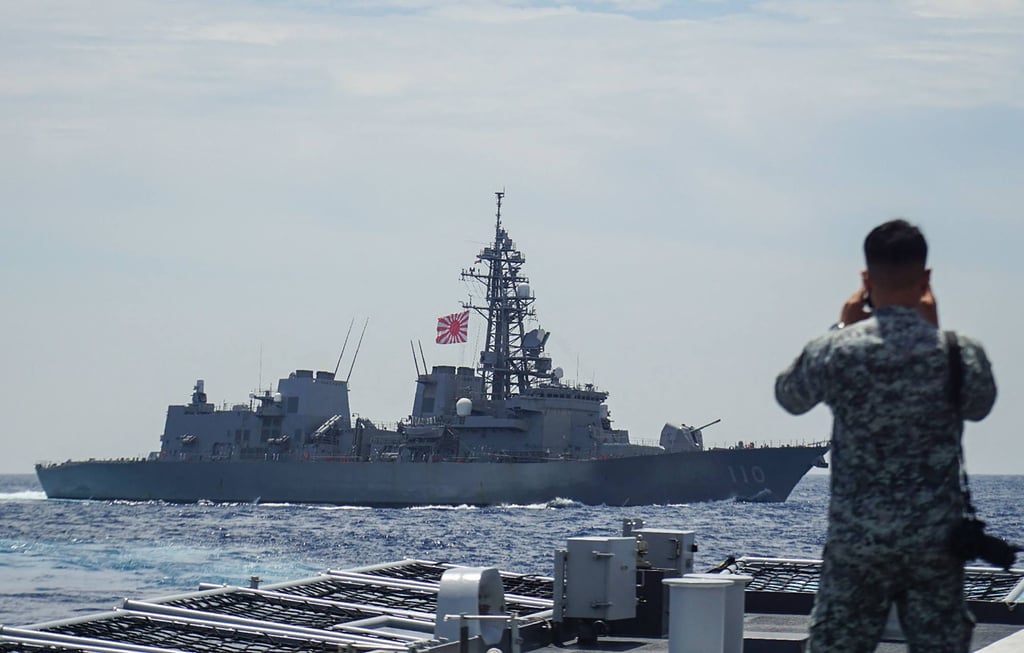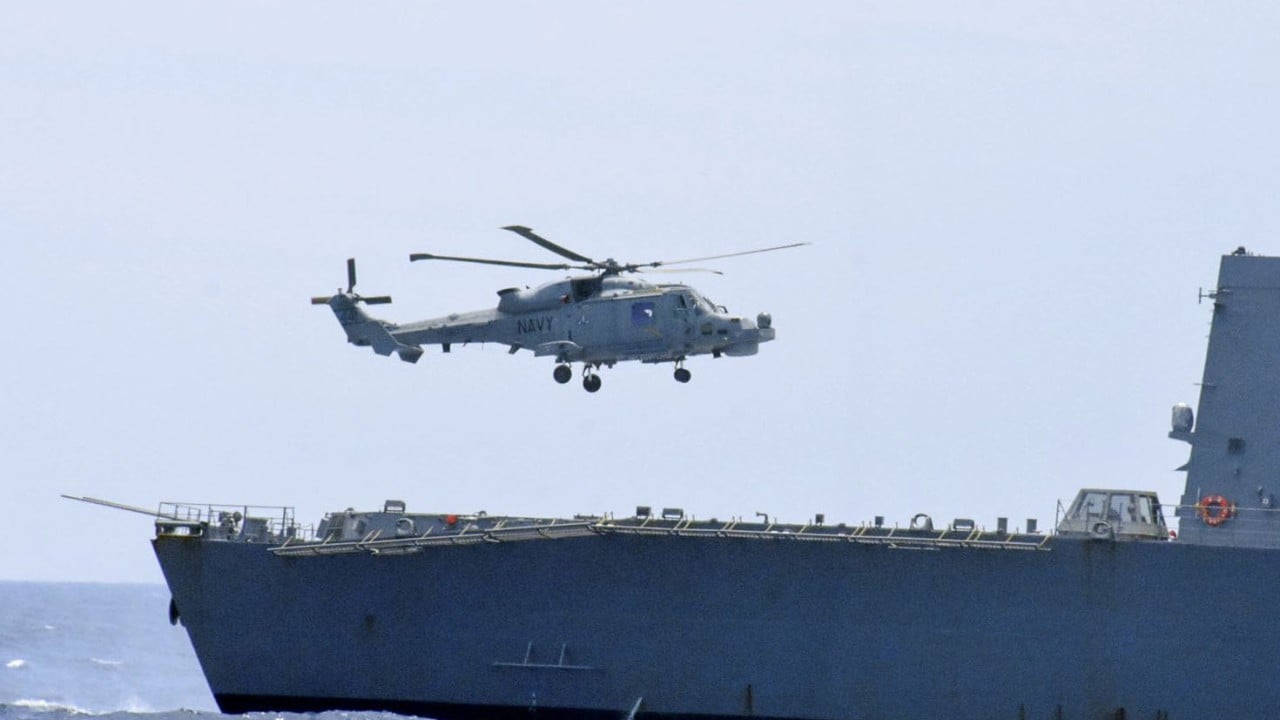The Philippines remains dangerously under-equipped to counter China’s growing undersea operations in the South China Sea, analysts warn, as joint anti-submarine drills with Japan spotlight the urgent need for Manila to strengthen its underwater warfare capabilities.
Advertisement
The two-day exercises, which began on Saturday, were the first large-scale joint exercises since Japan’s Diet ratified the Reciprocal Access Agreement (RAA) with the Philippines earlier this month, following Manila’s approval last July, allowing joint deployments between the two countries’ forces.
Observers say Japan’s advanced submarine warfare expertise could play a critical role in helping Manila build a credible ability to detect and deter Beijing’s underwater operations in the West Philippine Sea – Manila’s term for parts of the South China Sea within its exclusive economic zone.

Maritime security expert Ray Powell said Japan’s advanced anti-submarine warfare expertise, now more accessible to Manila through the RAA, could play a critical role in helping the Philippines address its capability gaps.
Powell, a retired US Air Force officer, added that as an archipelagic nation facing a persistent and aggressive maritime threat from China, the Philippines must prioritise the development of its undersea domain awareness and response capabilities.
“The documented discovery of Chinese underwater drones collecting bathymetric and acoustic data in Philippine waters demonstrates Beijing’s will and capacity to conduct undetected undersea operations, making it imperative for the Philippines to demonstrate a credible deterrent in this domain,” he told This Week in Asia.
Advertisement
“Japan’s advanced submarine warfare expertise and maritime surveillance technology, now more accessible as a result of the ratified Reciprocal Access Agreement, can be an important enabler in this regard.”

